AWS pledges an additional $230 million to support AI startups
AWS said it will support 80 early-stage startups from around the world

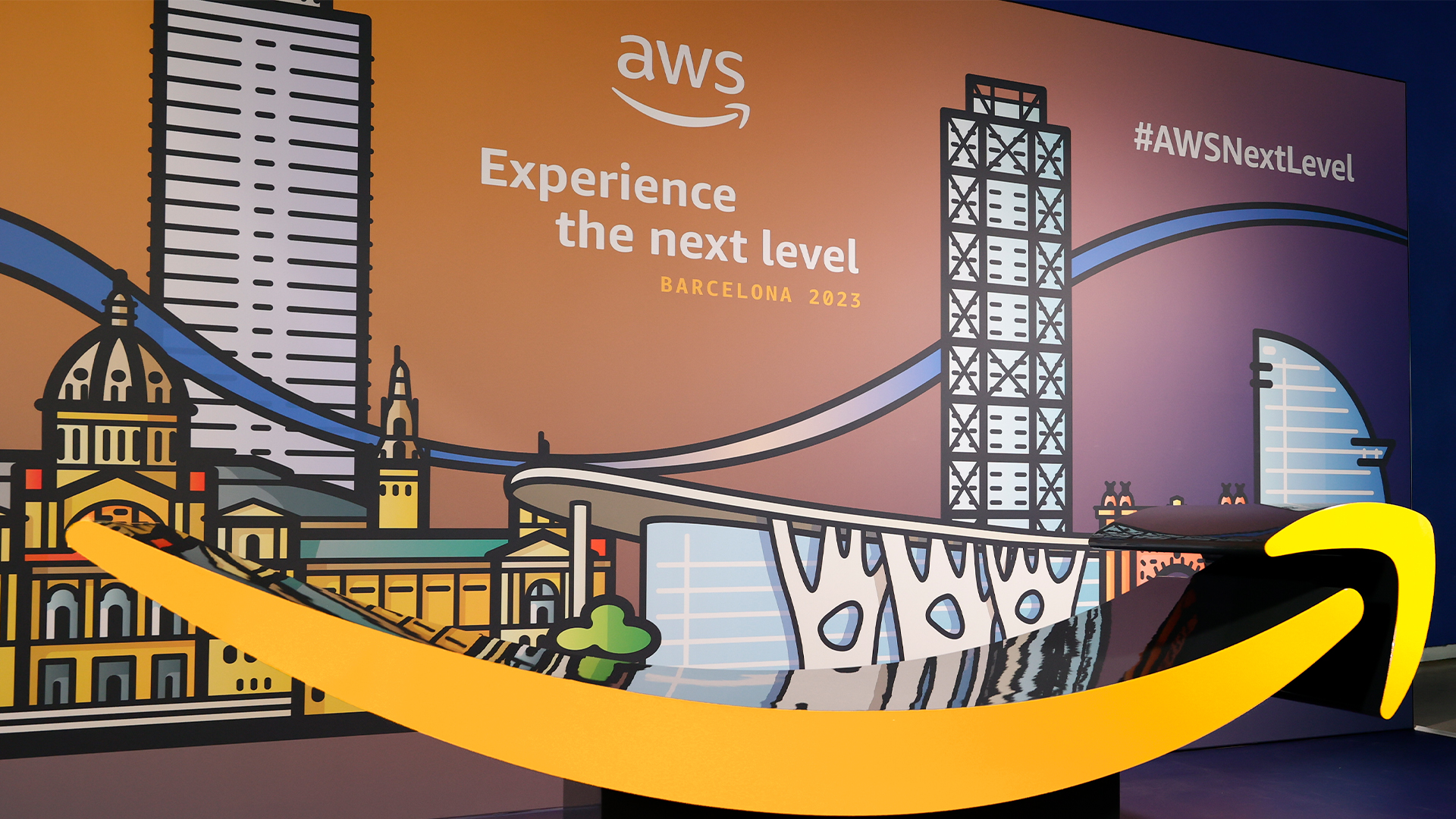
Amazon Web Services (AWS) is promising to invest up to $230 million to help startups develop generative AI applications.
On offer are AWS credits, mentorship, and education, with part of the new cash going to fund the second cohort of the AWS Generative AI Accelerator. This provides hands-on expertise and up to $1 million in credits to 80 early-stage startups that are using generative AI.
"For more than 18 years, AWS has helped more startups to build, launch, and scale their business than any other cloud provider — it’s no coincidence that 96% of all AI/ML unicorns run on AWS," said Matt Wood, vice president for artificial intelligence Products at AWS.
"With this new effort, we will help startups launch and scale world-class businesses, providing the building blocks they need to unleash new AI applications that will impact all facets of how the world learns, connects, and does business."
The successful startups can use their AWS credits to access AWS compute, storage, and database technologies, as well as the AWS Trainium and AWS Inferentia2 energy-efficient AI chips.
Credits can also be used on Amazon SageMaker, a fully-managed service that helps companies build and train their own foundation models, as well as to access models and tools to build generative AI applications through Amazon Bedrock.
The 10-week program is focused on areas such as financial services, healthcare and life sciences, media and entertainment, business, and climate change, with participants given sessions on ML performance enhancement, stack optimization, and go-to-market strategies.
Sign up today and you will receive a free copy of our Future Focus 2025 report - the leading guidance on AI, cybersecurity and other IT challenges as per 700+ senior executives
Participants will be matched with business and technical mentors based on their industry vertical. They will also have access to industry experts, technology, and technical sessions from NVIDIA, the program’s presenting partner, and be invited to join the NVIDIA Inception program, designed to nurture cutting-edge startups.
AWS launched the program last year, initially helping 21 firms.
"AWS has been instrumental in enabling us to scale our generative AI platform to meet the rapidly growing demand from our global user community. Their robust generative AI infrastructure helped us reduce inferencing costs by 60% and accelerate our language model inference speeds by up to 35%," said Jachin Bhasme, co-founder and COO of Leonardo.AI.
"The accelerator was also an incredible experience for us. The business and technical mentorship we received and the connections we made played a crucial role in shaping our product and strategy."
However, the company has been providing startups with AWS Promotional Credits since 2020, handing over a total of nearly $1 billion in that time.
AWS isn’t alone in supporting startups
RELATED WHITEPAPER

Other tech giants are also funneling money into startup support programs. Late last year, for example, Microsoft announced plans to support high-growth startups to accelerate the training and development of large language models (LLMs) and deep learning models.
It promised to give Y Combinator (YC) startups and those in its own incubator scheme access to Azure AI Infrastructure options for high-end GPU virtual machine clusters.
Google also launched a new accelerator for AI startups in the US and Canada earlier this year, offering 10 weeks of hands-on mentorship and technical project support to startups using AI in their core service or product.
Emma Woollacott is a freelance journalist writing for publications including the BBC, Private Eye, Forbes, Raconteur and specialist technology titles.
-
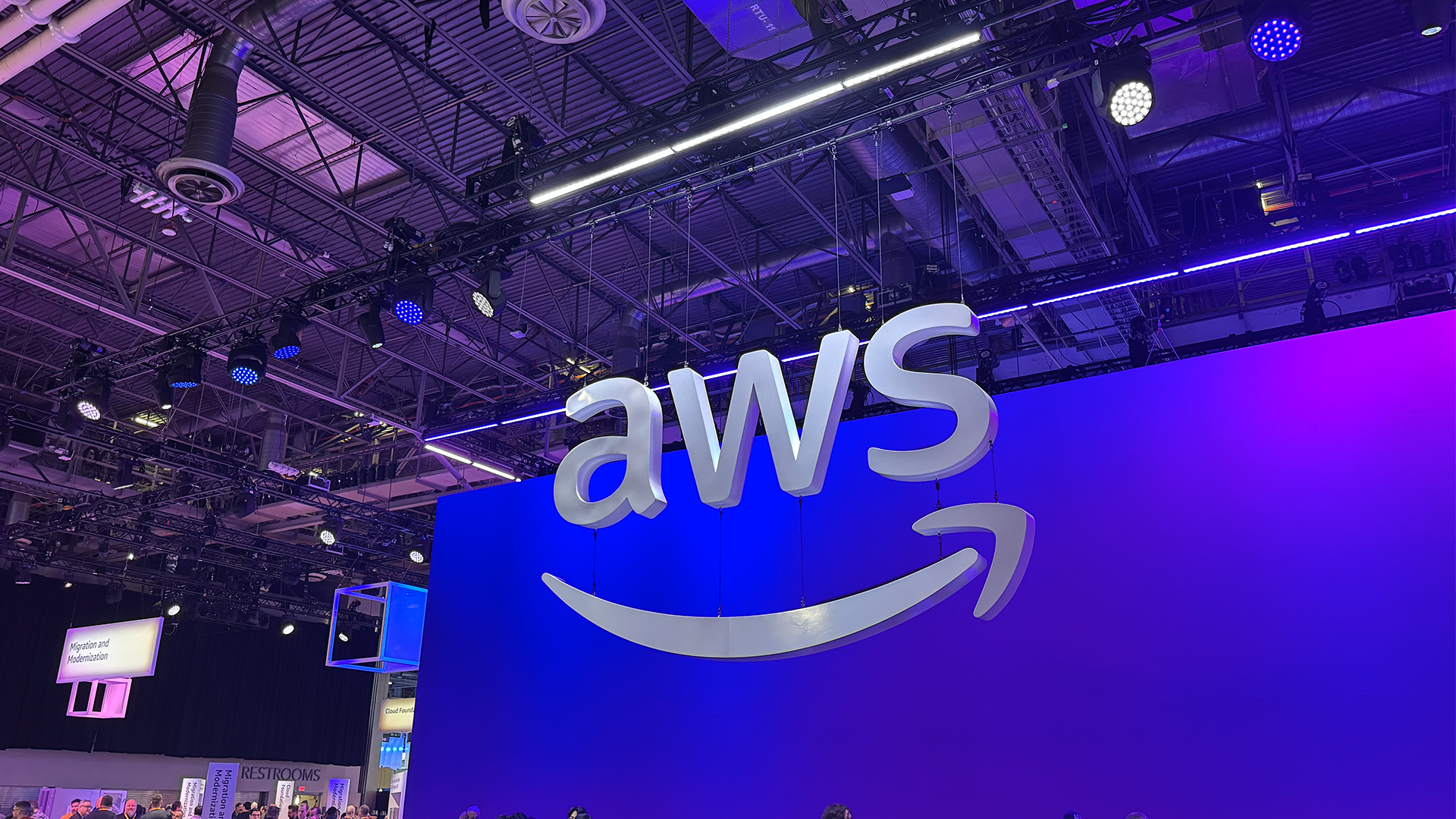 What the new AWS European Sovereign Cloud means for enterprises
What the new AWS European Sovereign Cloud means for enterprisesNews AWS has announced the general availability of its European Sovereign Cloud. Here's what the launch means for enterprises operating in the region.
-
 AWS just quietly increased EC2 Capacity Block prices – here's what you need to know
AWS just quietly increased EC2 Capacity Block prices – here's what you need to knowNews The AWS price increases mean booking GPU capacity in advance just got more expensive
-
 Cloud infrastructure spending hit $102.6 billion in Q3 2025 – and AWS marked its strongest performance in three years
Cloud infrastructure spending hit $102.6 billion in Q3 2025 – and AWS marked its strongest performance in three yearsNews Hyperscalers are increasingly offering platform-level capabilities that support multi-model deployment and the reliable operation of AI agents
-
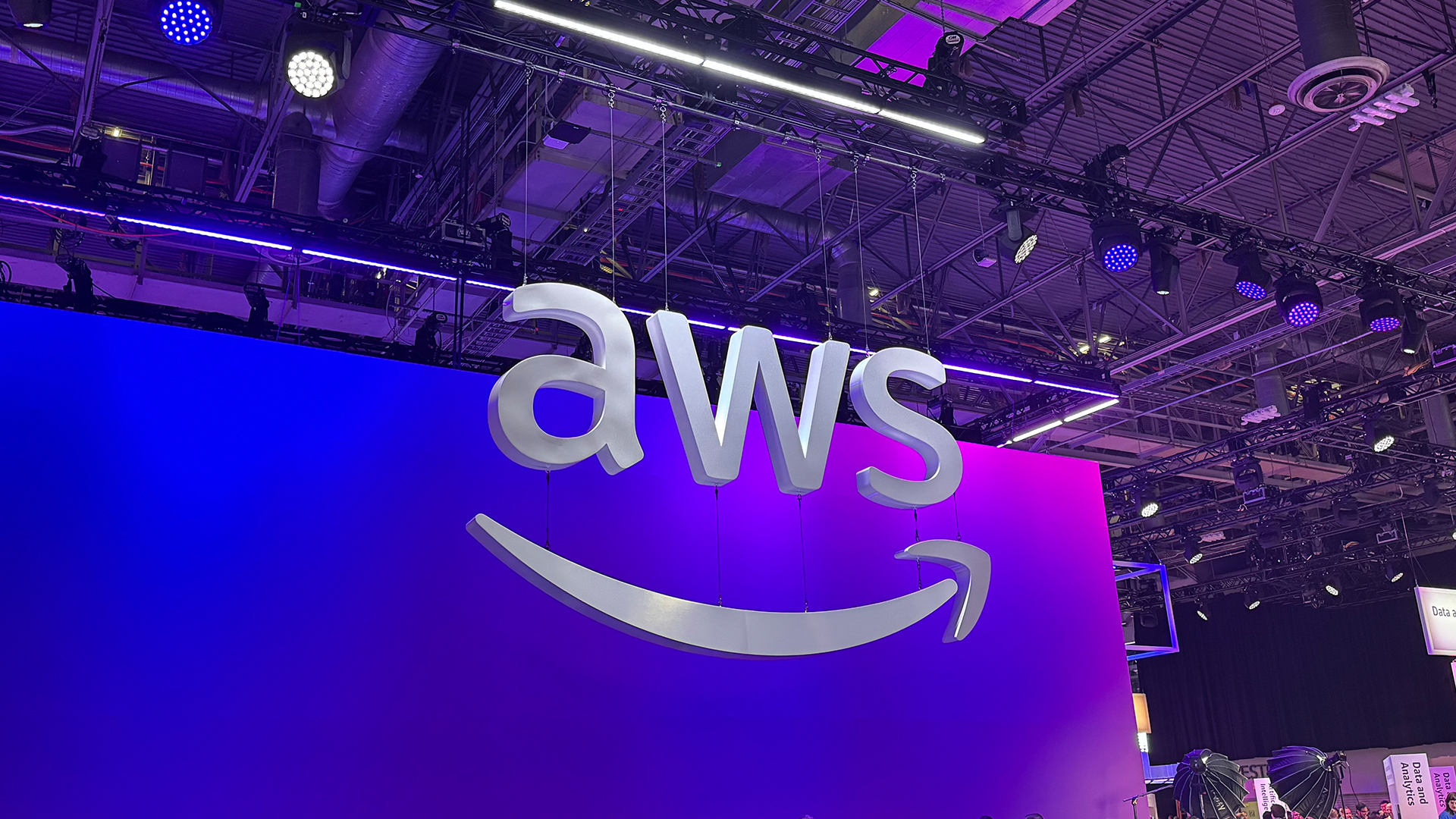 AWS re:Invent 2025 live: All the news and announcements from day two in Las Vegas
AWS re:Invent 2025 live: All the news and announcements from day two in Las VegasLive Blog Keep tabs on all the latest announcements from day-two at AWS re:Invent 2025 in Las Vegas
-
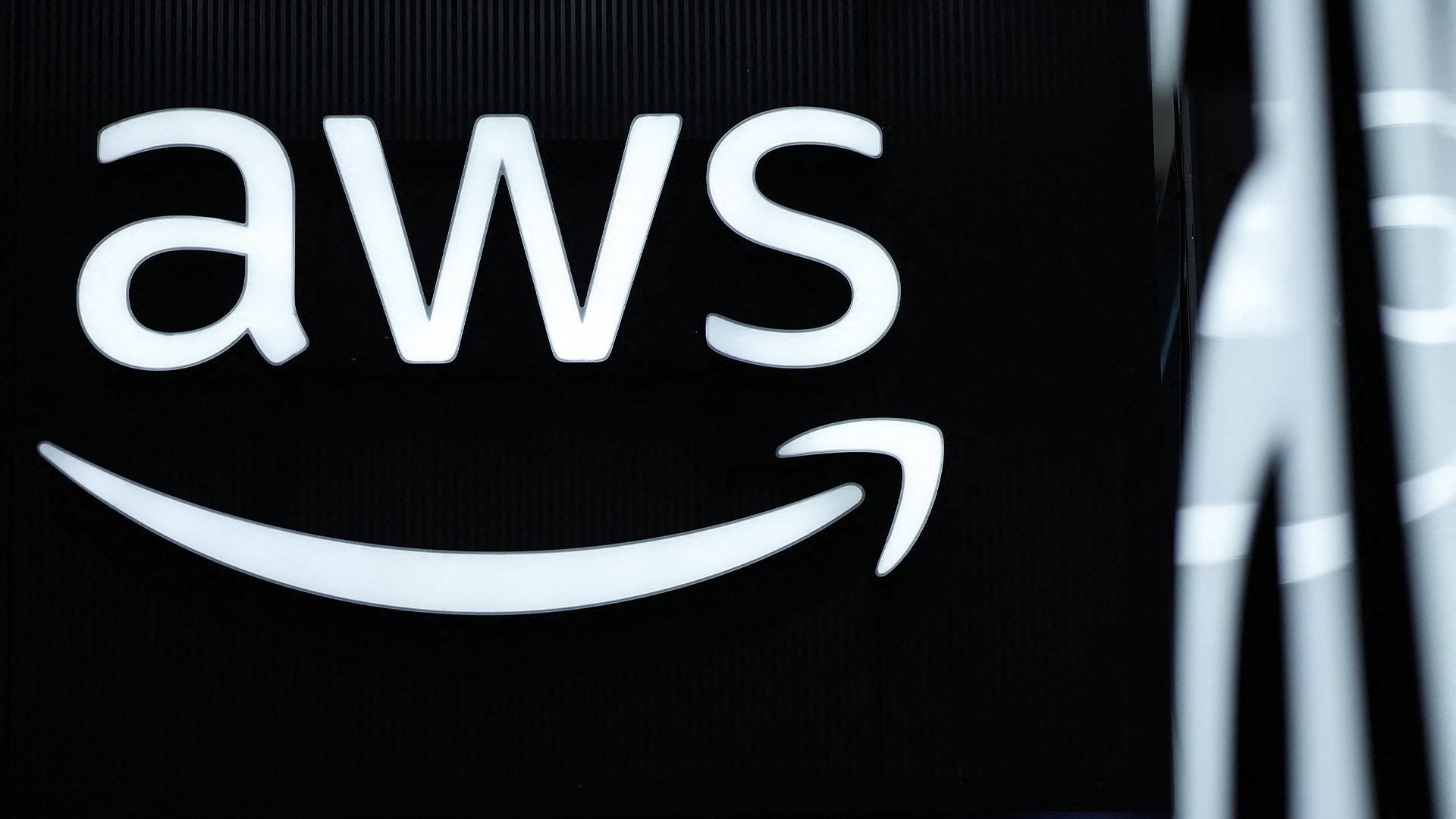 AWS pledges $50 billion to expand AI and HPC infrastructure for US government clients
AWS pledges $50 billion to expand AI and HPC infrastructure for US government clientsNews The company said an extra 1.3 gigawatts of compute capacity will help government agencies advance America’s AI leadership
-
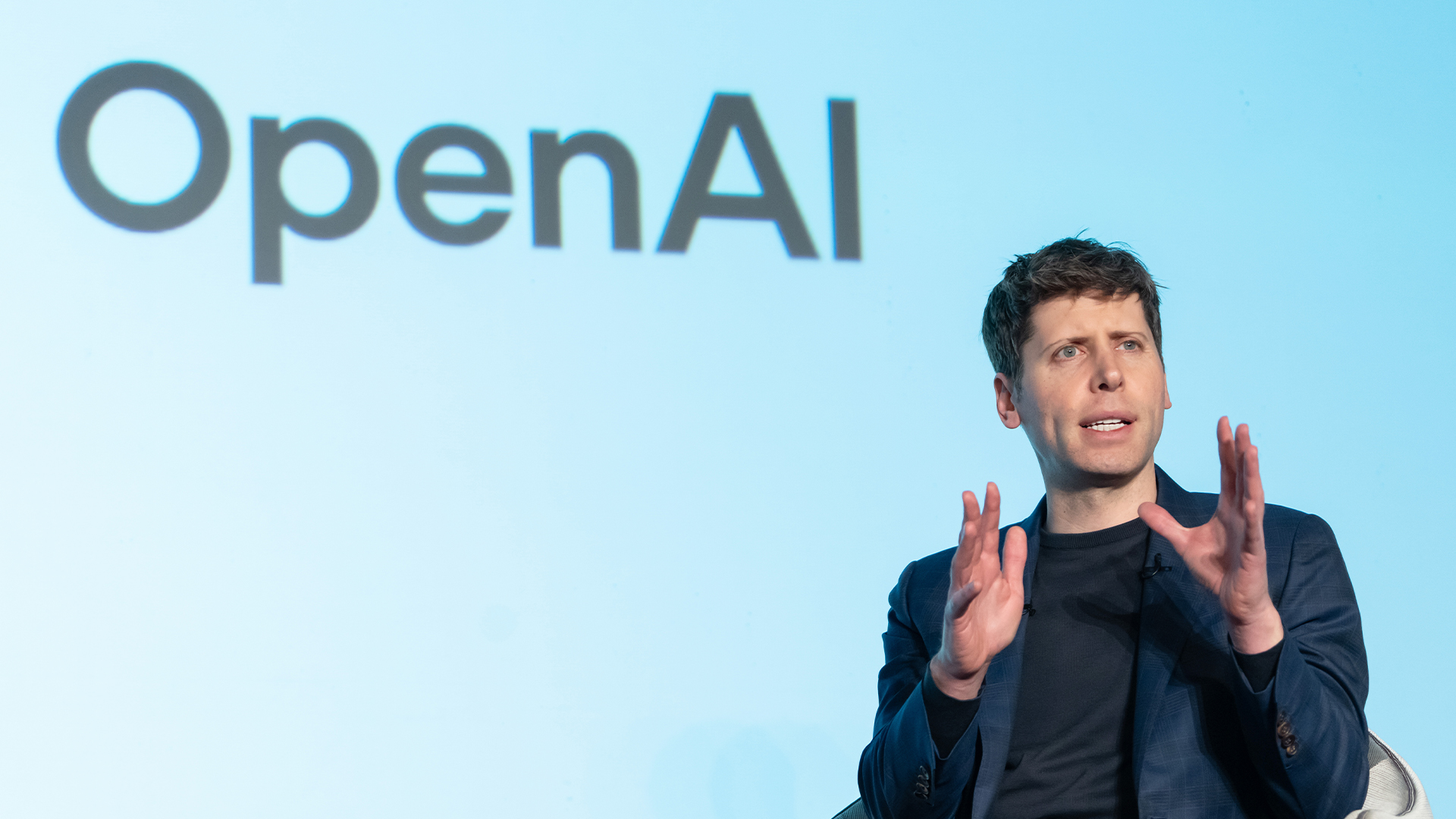 OpenAI just signed a bumper $38bn cloud contract with AWS – is it finally preparing to cast aside Microsoft?
OpenAI just signed a bumper $38bn cloud contract with AWS – is it finally preparing to cast aside Microsoft?News The move by OpenAI doesn’t signal an end to its long-running ties with Microsoft
-
 Google Cloud introduces ‘no-cost’ data transfers for UK, EU businesses
Google Cloud introduces ‘no-cost’ data transfers for UK, EU businessesNews Google Cloud's new Data Transfer Essentials service will allow enterprises to transfer data to alternative providers at no extra cost.
-
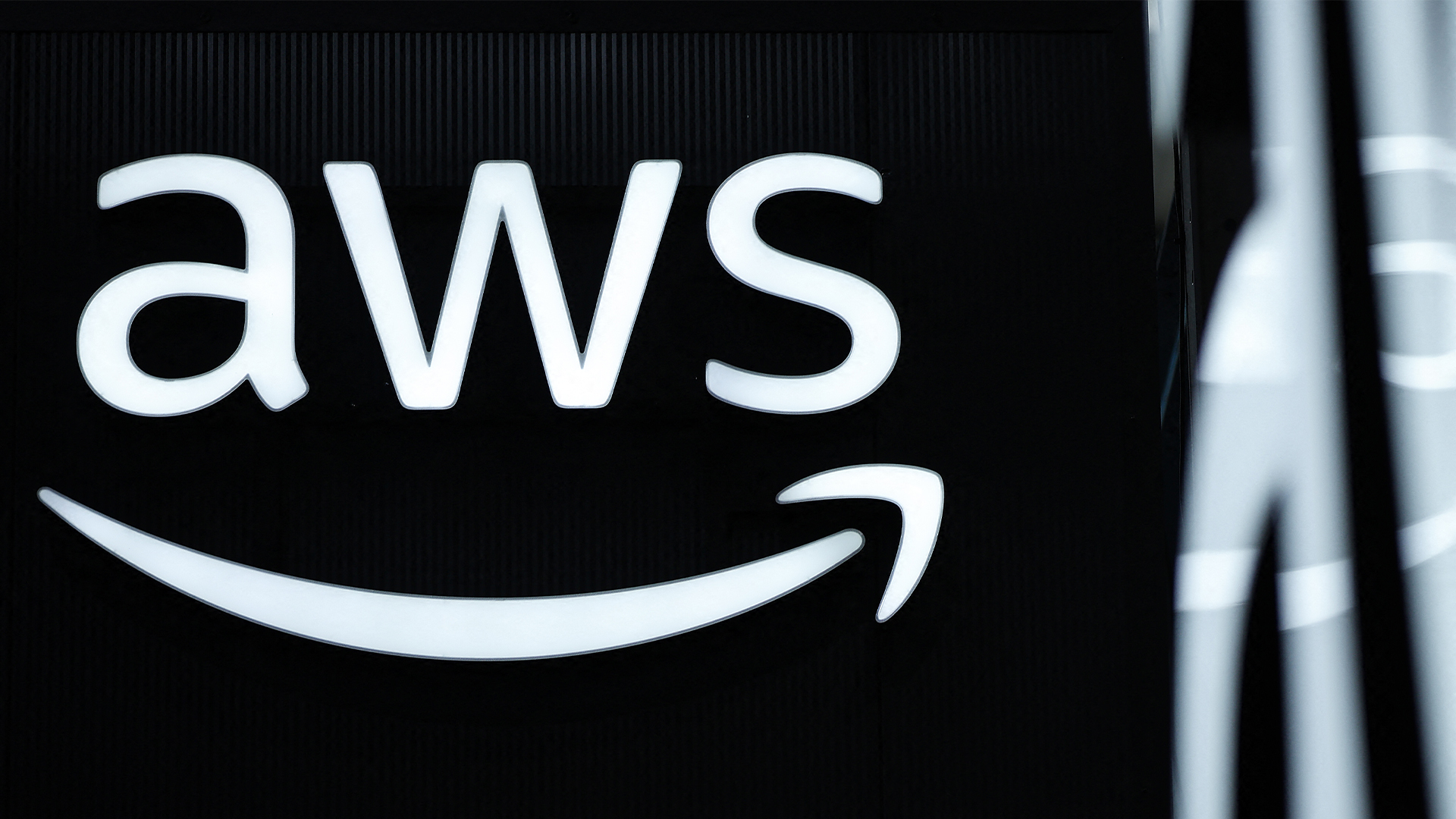 Is AWS' cloud dominance waning? New stats show the hyperscaler's IaaS market share is decreasing while Microsoft and Google record gains
Is AWS' cloud dominance waning? New stats show the hyperscaler's IaaS market share is decreasing while Microsoft and Google record gainsNews AWS maintained its lead in the IaaS market last year, but its share decreased while Microsoft and Google recorded gains.


